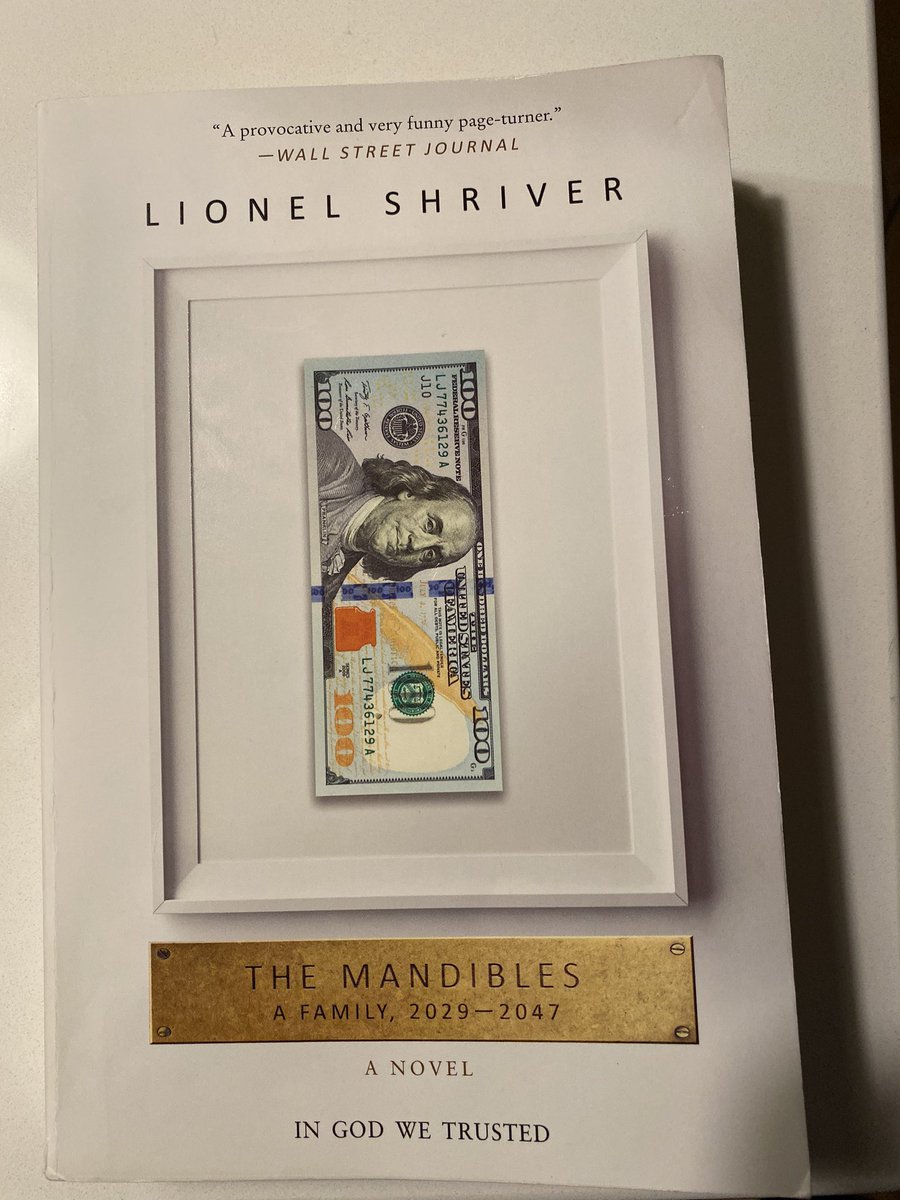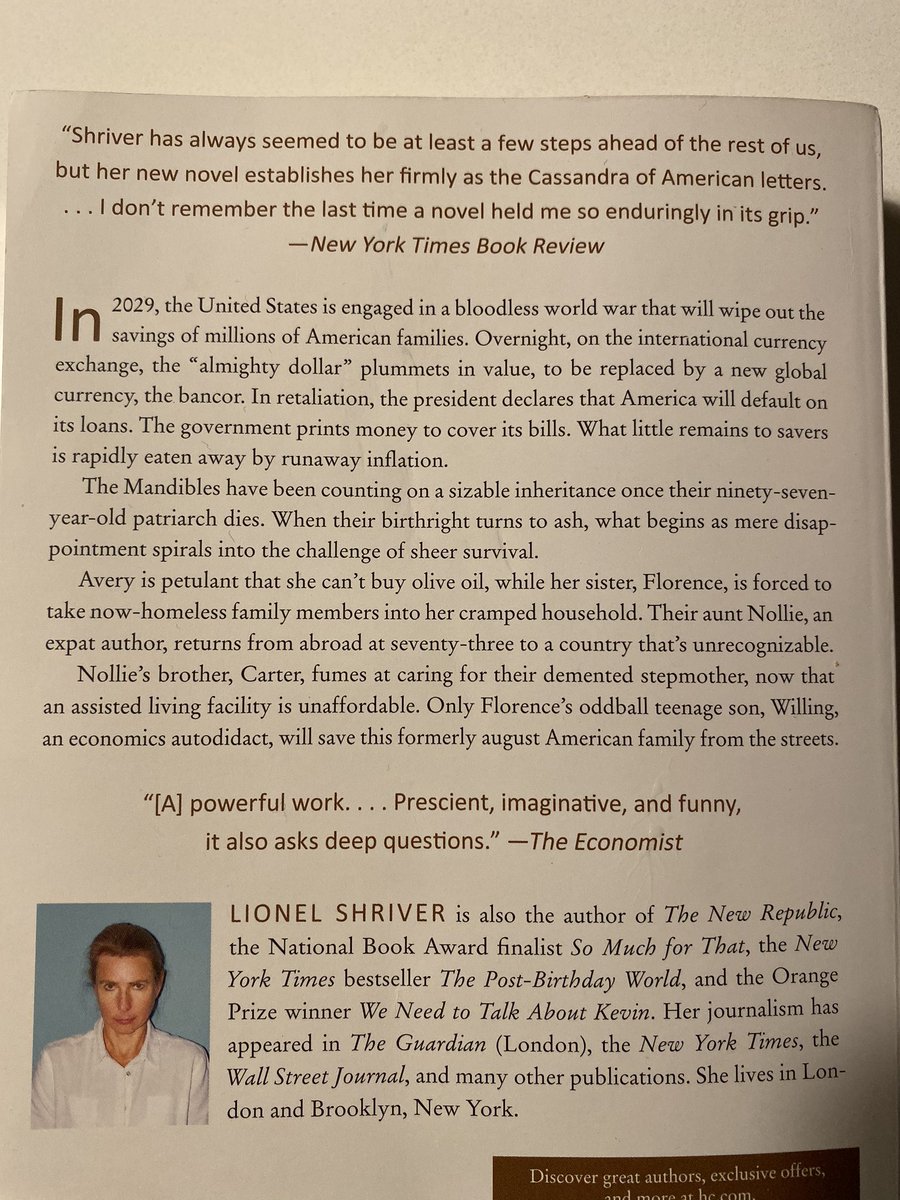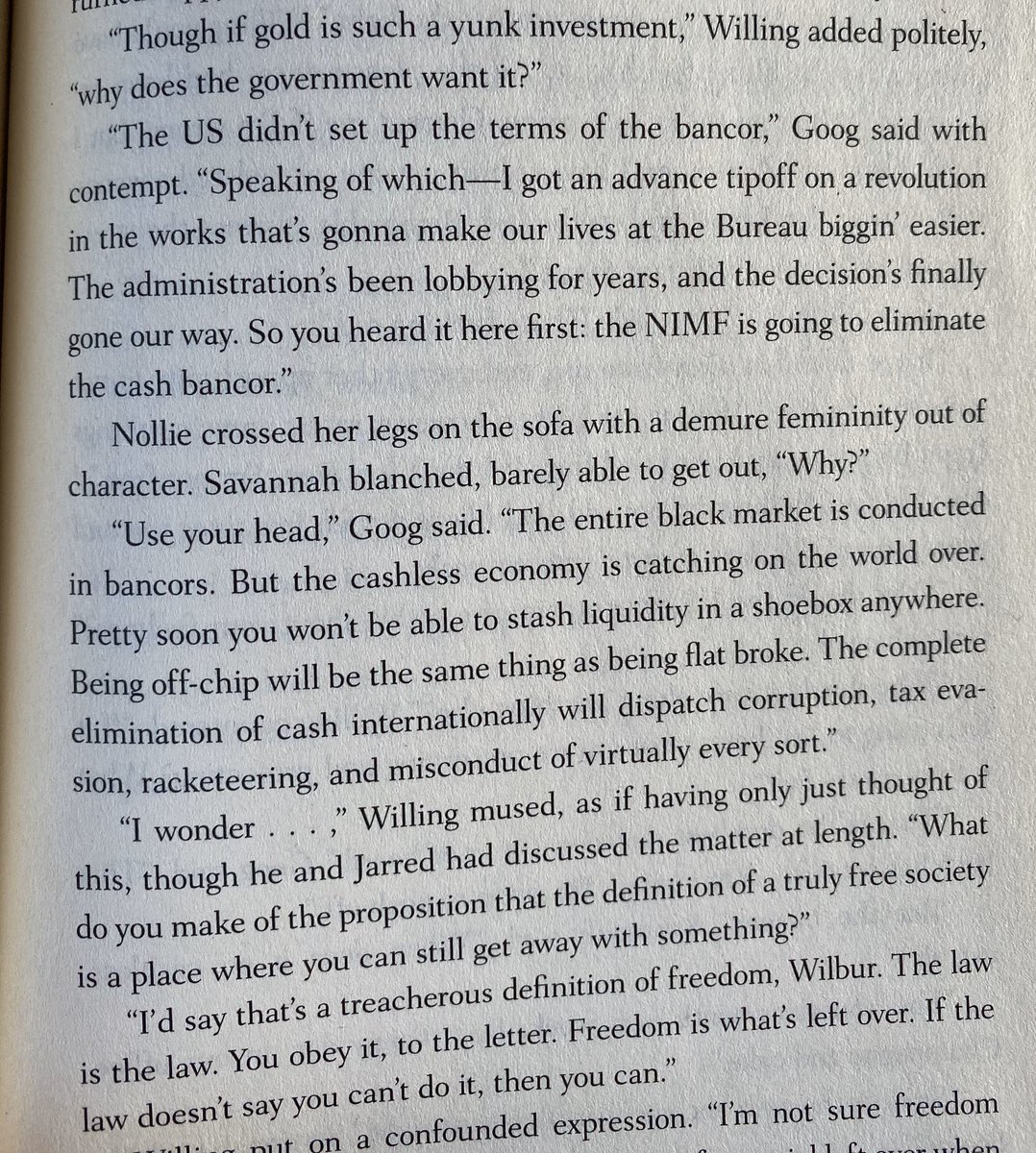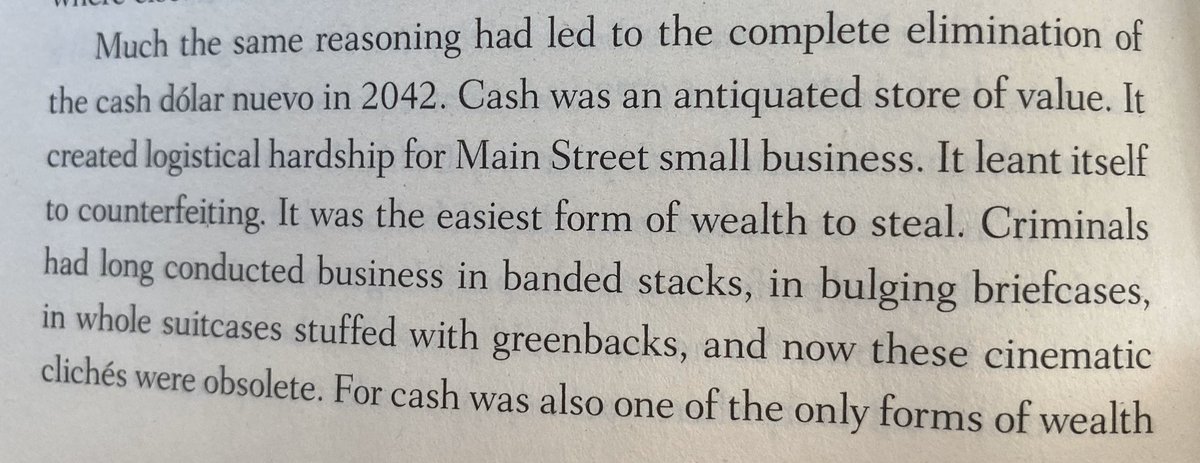
@felixsalmon 1/ I do. I’ll give you a few now. For starters BYSOL, a grassroots Belarusian human rights org, has moved more than $500k of value peer-to-peer to striking workers inside Belarus, in a way the regime can’t stop. Activists or protestors normally get their bank accounts frozen.
@felixsalmon 2/ A Nigerian feminist coalition raised tens of thousands of dollars in Bitcoin via @BtcpayServer to support pro-democracy anti-SARS protests in October while their bank accounts were being turned on and off. @jack even shared helping the movement go even more viral
@felixsalmon @BtcpayServer @jack 3/ Many organizations in Hong Kong have had their bank accounts investigated or funds for supporting human rights work. The indispensable @hkfp team ran into this issue and the local Bitcoin community helped them set up @BtcpayServer so now they can raise funds without that worry
@felixsalmon @BtcpayServer @jack @hkfp 4/ Navalny has raised millions in Bitcoin in an otherwise inhospitable financial climate in Russia. His team has said that even the threat of raising in Bitcoin keeps their traditional accounts more secure, an important phenomenon
@felixsalmon @BtcpayServer @jack @hkfp 5/ There are countless cases of individuals fleeing Venezuela to other countries with their wealth stored in Bitcoin, something previously very difficult for other refugees, who had to flee with whatever they could carry and then whatever wouldn’t be stolen on the way out
@felixsalmon @BtcpayServer @jack @hkfp 6/ Iranians are almost entirely cut off from the global financial system. With Bitcoin, they can receive payments from family or earn income, which they store in Bitcoin (not the disastrous rial) or convert fast through p2p markets to fiat when they need to buy something
@felixsalmon @BtcpayServer @jack @hkfp 7/ How do you escape the Chinese financial surveillance state? Well, for many families, they do it in Bitcoin. Sure, regime types do this too, but they can’t stop the average citizen from saving and transacting in a parallel economy
@felixsalmon @BtcpayServer @jack @hkfp 8/ Palestinians, Argentines, Lebanese, Sudanese, and Filipinos, are just some of the other populations who find Bitcoin very useful. I could literally go on and on. This is happening, it is a global phenomenon, and it’s really perplexing why you have ignored it to this point.
@felixsalmon @BtcpayServer @jack @hkfp 9/ How about some data? @MattAhlborg and Usefultulips.org are essential to follow here mainly on Africa and Latin America. Here’s his piece on how hundreds of millions of dollars of payments are facilitated by Bitcoin in/out of Venezuela:
medium.com/open-money-ini…
medium.com/open-money-ini…
@felixsalmon @BtcpayServer @jack @hkfp @MattAhlborg 10/ Here’s the creator of one of the most popular mobile Bitcoin wallets, showing their globally diverse user base:
https://twitter.com/nvcoelho/status/1286264785567350784
@felixsalmon @BtcpayServer @jack @hkfp @MattAhlborg 11/ The piece I shared in my first tweet was from a Nigerian business publication, and charts the stunning rise in use of Bitcoin in that massive country:
stearsng.com/premium/articl…
stearsng.com/premium/articl…
@felixsalmon @BtcpayServer @jack @hkfp @MattAhlborg 12/ Some meta facts that help explain: more Bitcoin is traded daily in Venezuela than the country’s stock market. In Argentina and the Philippines, the smallest unit of fiat currency is now worth LESS than the satoshi, which is the smallest unit of Bitcoin (100M per Bitcoin)
@felixsalmon @BtcpayServer @jack @hkfp @MattAhlborg 13/ @La__Cuen has published many personal stories and interviews with Bitcoin users especially in the Middle East that are very helpful. Here’s a good example:
coindesk.com/crypto-gaza-we…
coindesk.com/crypto-gaza-we…
@felixsalmon @BtcpayServer @jack @hkfp @MattAhlborg @La__Cuen 14/ I haven’t even gotten too deep into commerce, but for example the China-Nigeria trade corridor sees growing use from parties dealing with currency controls:
coindesk.com/nigeria-using-…
coindesk.com/nigeria-using-…
@felixsalmon @BtcpayServer @jack @hkfp @MattAhlborg @La__Cuen 15/ More than anything the simple nature of Bitcoin should be enough. I can from my phone teleport any amount of value to anyone else with a phone. No ID required, no censorship possible, no permission needed from any authority. And now that local liquidity exists in virtually...
@felixsalmon @BtcpayServer @jack @hkfp @MattAhlborg @La__Cuen 16/ every capital on earth (no joke, take a look: localbitcoins.com), Bitcoin is much more globally useful than 5 years ago. As a savings mechanism, as a cross-border payment tool, and as freedom money.
@felixsalmon @BtcpayServer @jack @hkfp @MattAhlborg @La__Cuen 17/ I am happy to help answer your questions or assemble resources or coordinate interviews for your study. I’m only pushy because it honestly just seems that you haven’t noticed most of this stuff :)
@felixsalmon @BtcpayServer @jack @hkfp @MattAhlborg @La__Cuen 18/ One more data point, for those doubting the “millions” in my original tweet. In Nigeria, there are 1.2 million registered users on *one single Bitcoin trading platform alone*. In a country where dominant use cases include remittances and p2p activity:
qz.com/africa/1947769…
qz.com/africa/1947769…
• • •
Missing some Tweet in this thread? You can try to
force a refresh







